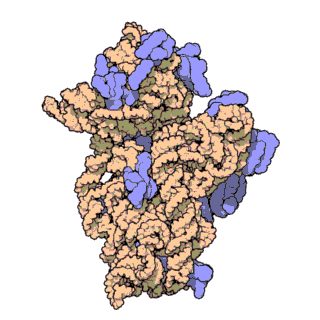| Home A B C D E F G H I J K L M N O P Q R S T U V W X Y Z |
|
Home |
What Does Protein Do?
Protein is an important component of every cell in the body. Hair and nails are mostly made of protein. Your body uses protein to build and repair tissues. You also use protein to make enzymes, hormones, and other body chemicals. Protein is an important building block of bones, muscles, cartilage, skin, and blood. Along with fat and carbohydrates, protein is a "macronutrient," meaning that the body needs relatively large amounts of it. Vitamins and minerals, which are needed in only small quantities, are called "micronutrients." But unlike fat and carbohydrates, the body does not store protein, and therefore has no reservoir to draw on when it needs a new supply. Some of protein's functions are as follows:
Animal protein and vegetable protein probably have the same effects on health, according to the Harvard School of Public Health. It's the protein package that's likely to make a difference. A 6-ounce broiled porterhouse steak is a great source of protein — 38 grams worth. But it also delivers 44 grams of fat, 16 of them saturated. That's almost three-fourths of the recommended daily intake for saturated fat. The same amount of salmon gives you 34 grams of protein and 18 grams of fat, 4 of them saturated. A cup of cooked lentils has 18 grams of protein, but under 1 gram of fat. So when choosing protein-rich foods, pay attention to what comes along with the protein. Vegetable sources of protein, such as beans, nuts, and whole grains, are excellent choices, and they offer healthy fiber, vitamins and minerals. The best animal protein choices are fish and poultry. If you are partial to red meat, stick with the leanest cuts, choose moderate portion sizes, and make it only an occasional part of your diet.
|
||
|
|
||
|
Glossary References Links Contact
|